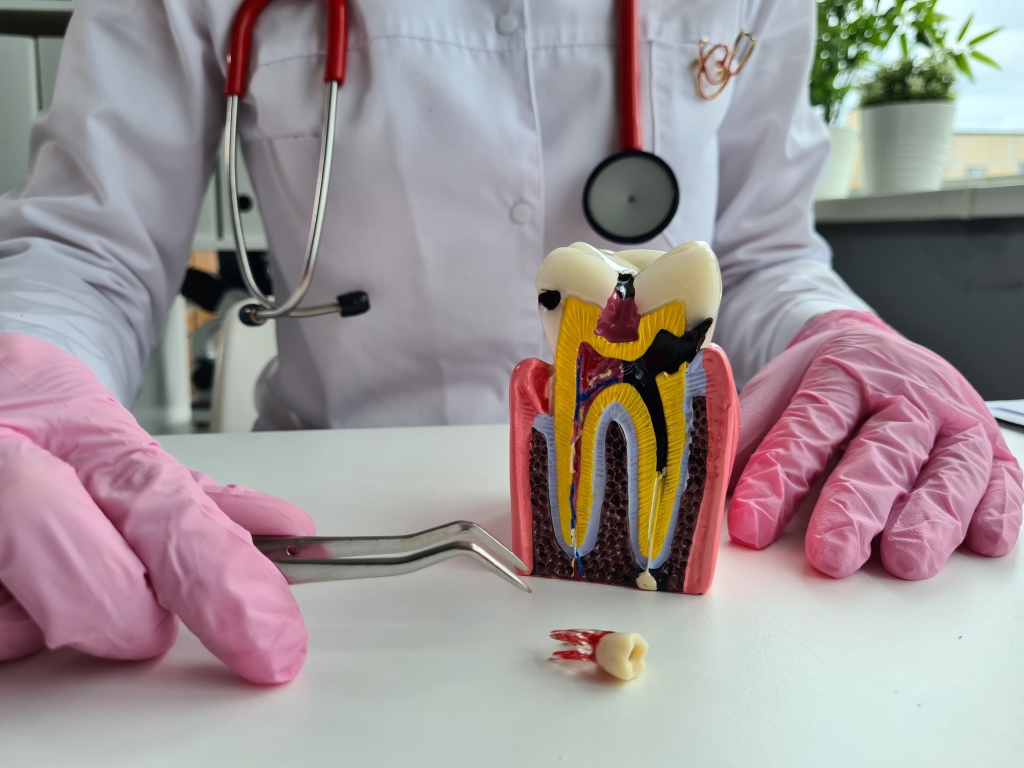Gluten Free Coffee

For many, the daily ritual of coffee is a staple that cannot be compromised, regardless of dietary restrictions. The good news is that coffee, in its pure form, is naturally gluten-free. This means that whether you’re sipping on a French roast, a Colombian blend, or any other variety, the gluten content is zero, making it a safe choice for those with gluten intolerance or sensitivity, including celiac disease. However, the world of coffee is complex, and the process from bean to cup can sometimes introduce gluten, making it crucial for gluten-free coffee lovers to be aware of potential contamination points.
Understanding Gluten in Coffee
Gluten is a protein found in certain grains like wheat, barley, and rye. It’s what gives dough its elasticity, making it essential for baking. However, for individuals with celiac disease or non-celiac gluten sensitivity, consuming gluten can lead to a range of health issues, from mild discomfort to severe autoimmune responses. Since coffee beans are seeds from a fruit and do not contain gluten, the concern isn’t the coffee itself but rather the possibility of cross-contamination during processing or the addition of gluten-containing ingredients in flavored coffees or coffee mixes.
Potential Sources of Gluten in Coffee Products
While pure coffee is gluten-free, there are scenarios where gluten could be introduced:
- Cross-contamination during processing: Facilities that also process gluten-containing grains might inadvertently contaminate coffee beans. This is particularly relevant for flavored coffees where additional ingredients are added.
- Flavored coffees: Some flavored coffees may include ingredients derived from gluten-containing grains. For example, a coffee flavored with barley or wheat could contain gluten.
- Coffee mixes and creamers: Pre-mixed coffee drinks or creamers might include gluten due to added ingredients like wheat-based thickeners or barley.
Choosing Gluten-Free Coffee
For those requiring a gluten-free diet, selecting the right coffee involves being mindful of these potential sources of gluten:
- Opt for plain, unflavored coffee: This minimizes the risk of added gluten-containing ingredients.
- Check the facility: If you’re highly sensitive, look for coffee beans processed in dedicated gluten-free facilities to avoid cross-contamination.
- Be cautious with creamers and syrups: Many creamers and syrups are gluten-free, but always check the ingredients, especially if they contain barley or wheat derivatives.
- Certification: Look for gluten-free certification from reputable organizations. This ensures the product has been tested and meets certain standards for gluten content.
Preparing Gluten-Free Coffee at Home
Preparing gluten-free coffee at home is relatively straightforward:
- Use a dedicated coffee grinder: If you grind your coffee at home, ensure your grinder hasn’t been used for gluten-containing grains to prevent cross-contamination.
- Choose gluten-free filters: If you use a drip coffee maker, your filters are likely already gluten-free, but it’s always good to verify.
- Be mindful of shared equipment: If you live with others who consume gluten, ensure that any shared coffee-making equipment is properly cleaned to avoid contamination.
The Future of Gluten-Free Coffee
As dietary restrictions and preferences continue to evolve, the coffee industry is adapting. More coffee manufacturers are now explicitly labeling their products as gluten-free, and some are even obtaining gluten-free certifications. This trend is expected to continue, offering more peace of mind and convenience to gluten-free coffee enthusiasts.
In conclusion, for those who must avoid gluten, the good news is that pure coffee is naturally gluten-free. By being aware of potential sources of gluten contamination and taking a few simple precautions, individuals with gluten intolerance or sensitivity can enjoy their daily cup of coffee without worry. Whether you’re a fan of espresso, drip coffee, or cold brew, the world of gluten-free coffee is rich and diverse, offering something for everyone.
Is all coffee naturally gluten-free?
+Yes, pure coffee is naturally gluten-free. However, the risk of gluten contamination can occur during processing or from added ingredients in flavored coffees or mixes.
How can I ensure my coffee is gluten-free?
+Opt for plain, unflavored coffee, check the processing facility for cross-contamination risks, and look for gluten-free certifications. Also, be cautious with creamers and syrups, and ensure any equipment used is dedicated to gluten-free products.
Can flavored coffees be gluten-free?
+Yes, many flavored coffees are gluten-free, but it depends on the ingredients used. Always check the label for gluten-containing ingredients like barley or wheat derivatives. Reputable brands will often explicitly state if their flavored coffees are gluten-free.

